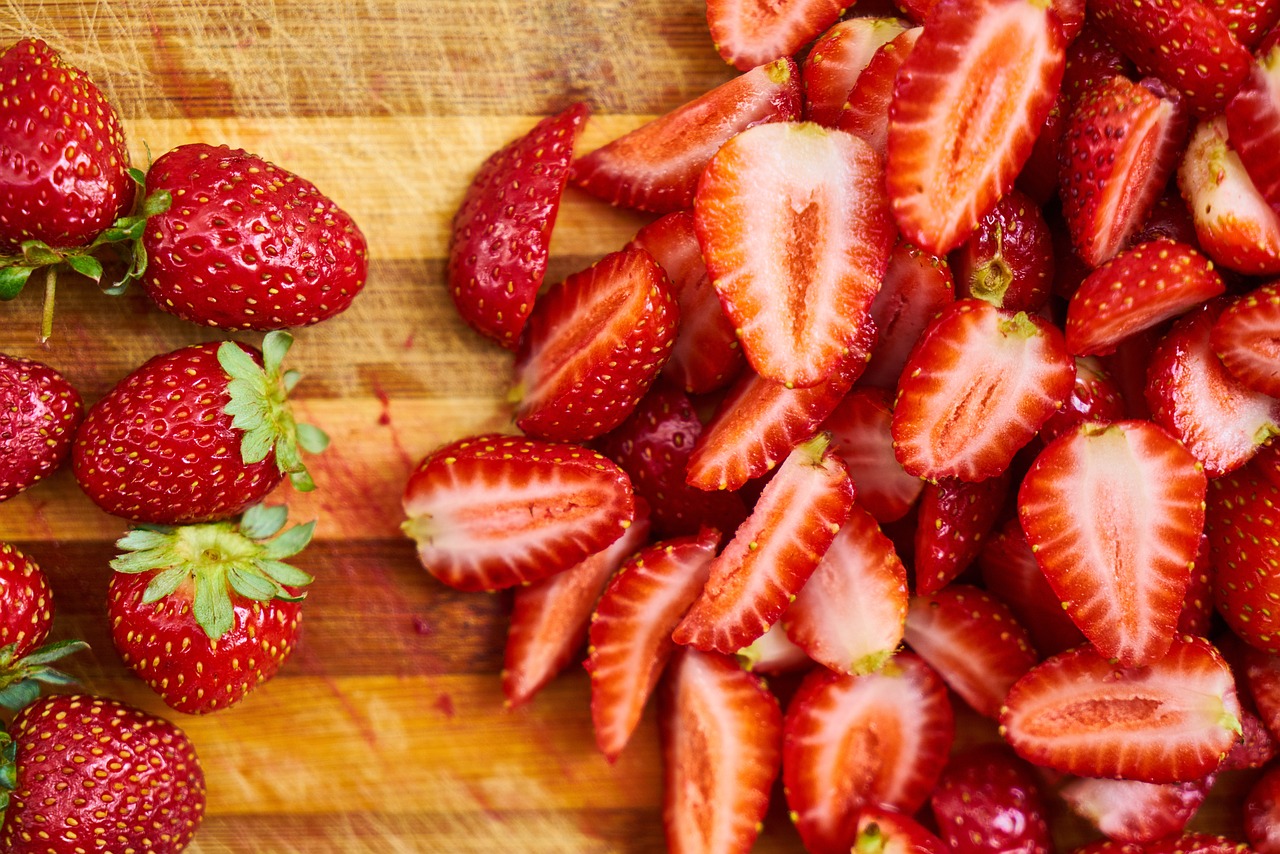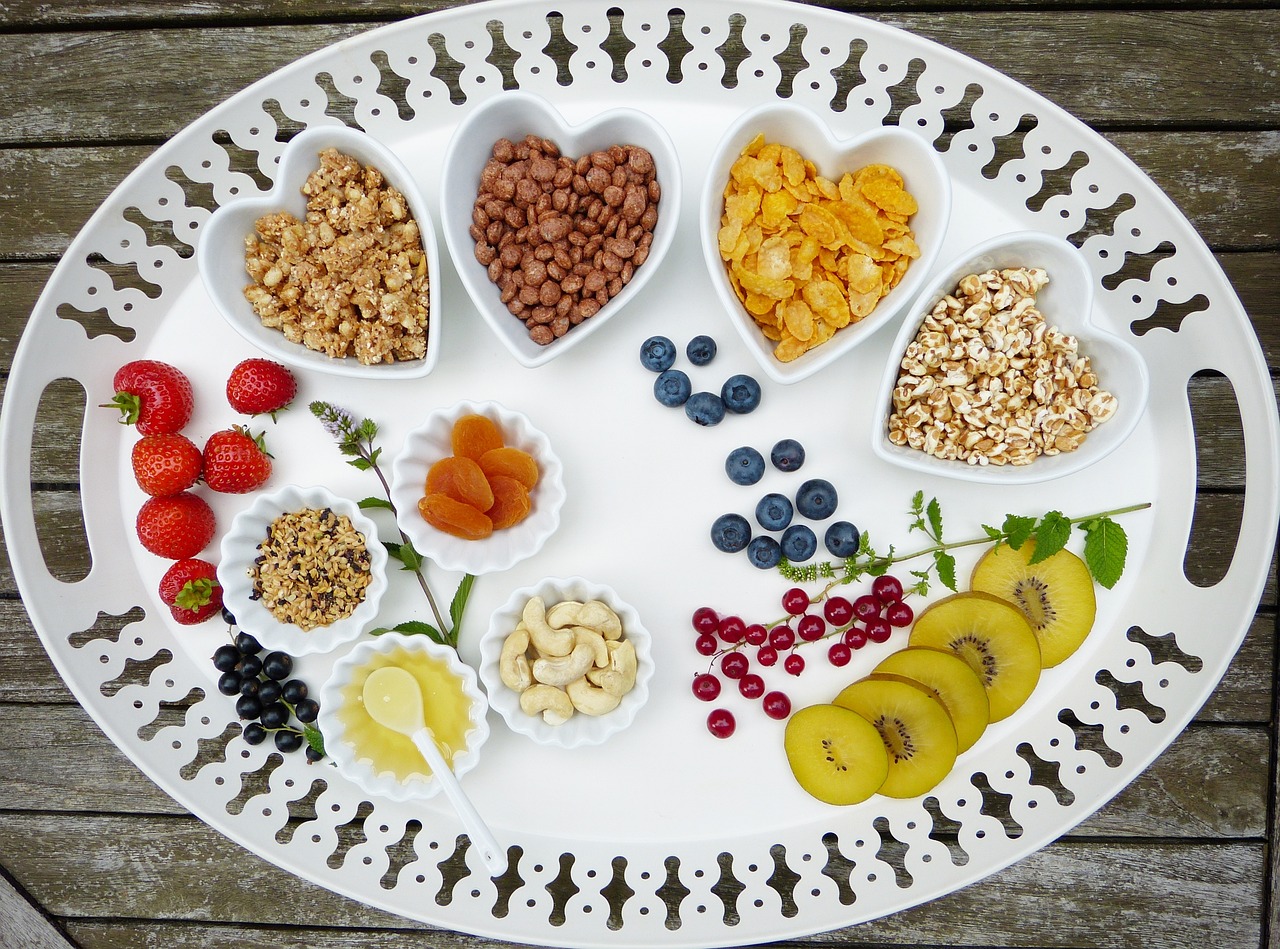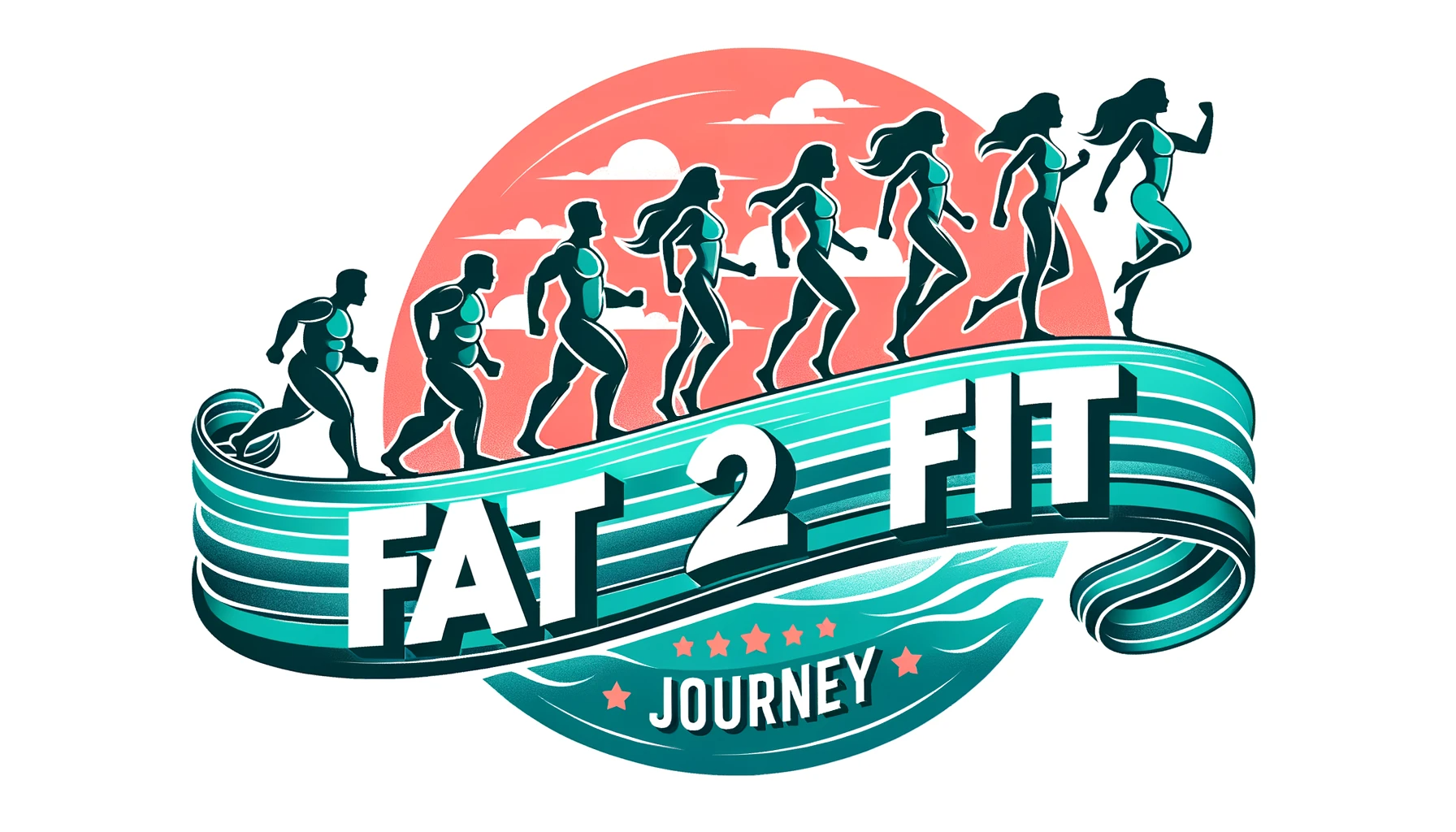You’re always on the go, juggling work, family, and social commitments. With such a hectic lifestyle, it’s easy to neglect your nutritional needs. But fear not, as this article is here to help you navigate through the world of smart eating for an active lifestyle. Discover how to fuel your body with the right foods to boost your energy levels, enhance your performance, and maintain a healthy balance, all while enjoying delicious and satisfying meals. Say goodbye to fatigue and hello to a vibrant and energetic life!

Table of Contents
Importance of Proper Nutrition for an Active Lifestyle
Living an active lifestyle requires not only regular exercise but also a conscious effort to fuel your body with the right nutrients. Proper nutrition plays a crucial role in supporting physical activity, muscle growth and repair, boosting energy levels, and promoting overall health and well-being. By understanding the importance of various macronutrients and micronutrients, as well as implementing pre and post-workout nutrition strategies, you can maximize your performance and achieve your fitness goals.
Fueling your body for physical activity
Before engaging in any physical activity, it is essential to properly fuel your body. Carbohydrates, protein, and healthy fats are the three macronutrients that provide energy and support your body’s needs during exercise. Carbohydrates are the primary source of fuel for your muscles. They are broken down into glucose, which is then used as energy. Including complex carbohydrates like whole grains, fruits, and vegetables in your meals can provide sustained energy throughout your workout.
Supporting muscle growth and repair
Protein is an essential nutrient for muscle repair and growth. When you engage in physical activity, your muscles undergo microscopic damage. Protein helps repair these damaged muscle fibers, leading to muscle growth and increased strength. Include lean sources of protein like chicken, fish, tofu, or beans in your meals to support muscle recovery and growth.
Boosting energy levels
Healthy fats play an important role in maintaining energy levels during physical activity. Unlike carbohydrates, which are quickly burned for energy, fats provide sustained energy as they are slowly metabolized. Incorporating sources of healthy fats such as avocado, nuts, seeds, and olive oil into your diet can prevent energy dips and keep you energized throughout your workouts.
Promoting overall health and well-being
Proper nutrition is not only important for physical performance but also for overall health and well-being. Vitamins, minerals, and antioxidants are micronutrients that play a crucial role in supporting various bodily functions. Vitamins like B vitamins and vitamin C are vital for energy metabolism and immune function. Minerals, such as calcium, magnesium, and iron, are involved in muscle function and oxygen transport. Antioxidants protect your body’s cells from oxidative stress caused by intense physical activity. Including a variety of fruits, vegetables, nuts, and whole grains in your diet can ensure an adequate intake of these micronutrients and support your overall health.
Carbohydrates: The primary source of fuel
Carbohydrates are the body’s preferred source of fuel, particularly during physical activity. They are broken down into glucose, which fuels your muscles. Opting for complex carbohydrates like whole grains, fruits, and vegetables instead of simple carbohydrates like sugary snacks and refined grains can provide sustained energy and support your active lifestyle.
Protein: Essential for muscle repair and growth
Protein is crucial for muscle repair and growth. During exercise, your muscles undergo microscopic damage, and protein is needed to repair and rebuild these damaged muscle fibers. Consuming sources of lean protein such as chicken, fish, lean meats, tofu, or beans can ensure an adequate intake to support muscle recovery and growth.
Healthy fats: Sustained energy and nutrient absorption
Contrary to popular belief, fats are an important part of a healthy diet, especially for those leading an active lifestyle. Healthy fats provide sustained energy as they are slowly metabolized, preventing energy dips during physical activity. Additionally, fats are essential for the absorption of fat-soluble vitamins like vitamin A, D, E, and K. Including sources of healthy fats such as avocados, nuts, seeds, and olive oil in your diet can help provide sustained energy and promote nutrient absorption.
Vitamins: Vital for energy metabolism
Vitamins are micronutrients that are essential for various bodily functions and energy metabolism. B vitamins, in particular, are important for converting food into energy. Vitamin C is another crucial vitamin for immune function, which is important for overall health during intense physical activity. Consuming a variety of fruits, vegetables, and whole grains can help ensure you are getting an adequate intake of these vital vitamins.
Minerals: Key role in muscle function
Minerals are another group of micronutrients that play a crucial role in supporting an active lifestyle. Calcium, magnesium, and potassium are particularly important for muscle function. Calcium helps in muscle contraction, magnesium aids in energy production, and potassium is involved in muscle and nerve function. Including foods rich in these minerals, such as dairy products, leafy greens, nuts, and seeds, can support overall muscle function and performance.
Antioxidants: Protecting cells from oxidative stress
Intense physical activity can lead to the production of free radicals, which can cause cellular damage through a process called oxidative stress. Antioxidants help neutralize these free radicals, protecting your cells from damage. Including antioxidant-rich foods like berries, dark leafy greens, nuts, and seeds in your diet can provide protection against oxidative stress and support recovery from physical activity.
Balancing macronutrients for sustained energy
When planning your meals, it is important to balance your macronutrients for sustained energy. Including a combination of carbohydrates, proteins, and healthy fats in each meal can provide a steady release of energy throughout the day. Aim to have a portion of lean protein, a serving of complex carbohydrates, and a source of healthy fats in each meal to keep your energy levels stable.

Choosing complex carbohydrates for longer-lasting fuel
Complex carbohydrates are broken down and absorbed more slowly than simple carbohydrates, providing longer-lasting fuel for your muscles. Opt for whole grains like brown rice, quinoa, and whole wheat bread, as well as fruits and vegetables, to ensure you are getting a steady release of glucose for energy during your workouts.
Including lean proteins for muscle support
Lean proteins are essential for muscle repair and growth. Including a serving of lean protein like chicken, fish, tofu, or beans in each meal can provide the necessary amino acids to support muscle recovery and growth. Aim for a palm-sized portion of protein to ensure an adequate intake.
Hydration: Staying hydrated for optimal performance
Staying hydrated is crucial for optimal performance during physical activity. Dehydration can lead to decreased energy levels, impaired cognitive function, and reduced exercise performance. Aim to drink water throughout the day and hydrate before, during, and after your workouts. If you are engaging in intense or prolonged exercise, sports drinks can be beneficial to replenish electrolytes lost through sweat.
Replenishing glycogen stores with carbohydrates
After a workout, it is important to replenish your glycogen stores with carbohydrates. Glycogen is the storage form of glucose in your muscles, which gets depleted during exercise. Including a source of carbohydrates like fruits, whole grains, or starchy vegetables in your post-workout meal or snack can help restore glycogen levels and support your recovery.
Protein consumption for muscle repair
Post-workout protein consumption is crucial for muscle repair and growth. Consuming a serving of lean protein like chicken, fish, or tofu within an hour after your workout can provide the necessary amino acids to initiate muscle repair and promote recovery. Protein shakes or bars can also be convenient options for quick and easy post-workout nutrition.
Incorporating antioxidants for cellular recovery
Intense physical activity can cause cellular damage through oxidative stress. Including antioxidant-rich foods like berries, dark leafy greens, and nuts in your post-workout meal or snack can provide protection against oxidative stress and support cellular recovery. Additionally, some studies suggest that consuming antioxidants may aid in reducing exercise-induced muscle soreness.

Hydration: Rehydrating after exercise
After a workout, it is important to rehydrate to replace fluids lost through sweat. Drinking water or a sports drink that contains electrolytes can help replenish fluids and restore electrolyte balance. Aim to drink enough fluids to quench your thirst and monitor the color of your urine as an indicator of hydration status. Pale yellow urine generally indicates proper hydration, while darker urine may indicate dehydration.
Fruit and nut butter
Fruit and nut butter make for a perfect snack when you need sustained energy. The natural sugars in fruits provide a quick source of carbohydrates, while the healthy fats in nut butter contribute to sustained energy. Pairing an apple or banana with almond or peanut butter can provide a balanced snack that satisfies your hunger and fuels your active lifestyle.
Greek yogurt with berries
Greek yogurt is a rich source of protein, while berries provide antioxidants and essential vitamins. Combining Greek yogurt with a variety of berries like blueberries, strawberries, or raspberries can create a delicious and nutritious snack. Add a sprinkle of granola or nuts for some extra crunch and healthy fats.
Trail mix with dried fruits and nuts
Trail mix with dried fruits and nuts is a convenient and portable option for sustaining energy on the go. Dried fruits provide natural sugars for quick energy, while nuts offer a combination of healthy fats, proteins, and fiber, providing sustained energy. Mix together your favorite dried fruits like raisins, apricots, or cranberries with a variety of nuts like almonds, walnuts, or cashews for a tasty and energizing snack.
Veggies and hummus
Vegetables are packed with essential vitamins, minerals, and fiber, making them a great choice for healthy snacking. Pairing sliced vegetables like carrots, cucumbers, or bell peppers with hummus adds protein and healthy fats, creating a balanced snack that supports your active lifestyle. Experiment with different flavors of hummus to keep your snacking interesting and enjoyable.
Grilled chicken with quinoa and roasted vegetables
Grilled chicken is a lean source of protein, while quinoa provides complex carbohydrates and fiber. Roasted vegetables like broccoli, bell peppers, and zucchini add color, flavor, and a variety of essential vitamins and minerals. This nutritious meal provides a well-rounded combination of macronutrients and micronutrients to support muscle growth, sustained energy, and overall health.

Salmon with sweet potato and steamed greens
Salmon is an excellent source of omega-3 fatty acids, which provide anti-inflammatory benefits and support overall health. Sweet potatoes are packed with complex carbohydrates, fiber, and essential vitamins. Steamed greens like spinach, kale, or broccoli add an extra boost of vitamins, minerals, and fiber. This delicious meal provides a combination of healthy fats, complex carbohydrates, and micronutrients to support optimal performance and well-being.
Whole grain pasta with lean ground turkey and tomato sauce
Whole grain pasta provides complex carbohydrates and fiber, while lean ground turkey offers a good source of protein. Tomato sauce adds flavor as well as essential vitamins and antioxidants. This meal provides balanced macronutrients and can be easily customized with additional vegetables like spinach, mushrooms, or bell peppers for added nutritional value.
Tofu stir-fry with brown rice and mixed veggies
Tofu is a plant-based source of protein that is rich in essential amino acids. Brown rice offers complex carbohydrates and fiber, while mixed vegetables provide a variety of essential vitamins and minerals. Stir-frying these ingredients with a delicious sauce of your choice creates a flavorful and nutritious meal that supports muscle growth and sustained energy.
Water: The best choice for hydration
Water is the best choice for hydration, as it is calorie-free and essential for various bodily functions. Drinking an adequate amount of water throughout the day is crucial for maintaining optimal hydration levels and supporting your active lifestyle. Aim to drink at least eight glasses of water a day, and increase your intake during intense physical activity or in hot weather.
Sports drinks for intense or prolonged exercise
During intense or prolonged exercise lasting longer than an hour, sports drinks can be beneficial, as they provide not only hydration but also electrolytes like sodium and potassium. These electrolytes help replenish what is lost through sweat and maintain proper fluid and electrolyte balance. Sports drinks can be especially useful during endurance events or high-intensity workouts.
Monitoring fluid intake during workouts
It is important to monitor your fluid intake during workouts to ensure proper hydration. A general guideline is to drink about half a liter to a liter of water per hour of exercise, depending on your individual needs and the intensity of the activity. It is also important to listen to your body’s cues and drink when you feel thirsty. Monitoring the color of your urine can also provide an indication of your hydration status, as pale yellow urine generally indicates proper hydration.
Creating a weekly meal plan
Planning ahead is key to maintaining a balanced and nutritious diet. Creating a weekly meal plan can help you stay organized and ensure you have nutritious meals and snacks readily available. Take some time at the beginning of each week to plan your meals, make a shopping list, and prepare any components of your meals or snacks in advance. Having a plan in place makes it easier to make healthy choices and avoid relying on less nutritious options when you are pressed for time.
Meal prepping for convenience
Meal prepping is a great strategy for saving time and ensuring you have healthy meals and snacks readily available throughout the week. Set aside some time each week to prepare and portion your meals and snacks in advance. This can involve cooking and refrigerating or freezing meals, chopping vegetables, or portioning out snacks. Investing in food containers and portion control tools can make meal prepping even simpler and more convenient.
Using food containers and portion control
Using food containers and portion control tools can help you stay on track with your nutrition goals. Invest in a variety of food containers in different sizes to store your prepped meals and snacks. This allows you to portion out your meals and control serving sizes. Additionally, using measuring cups or a food scale can help you accurately portion out your meals and snacks, ensuring you are consuming the right amount of each nutrient.
Consulting a registered dietitian
If you have specific dietary needs or concerns, it can be helpful to consult a registered dietitian. A registered dietitian can provide personalized advice and guidance tailored to your individual needs and goals. They can help you create a nutrition plan that supports your active lifestyle, addresses any dietary restrictions, and ensures you are meeting your nutrient needs.
Personalized nutrition plans
A registered dietitian can work with you to create a personalized nutrition plan that aligns with your specific goals and needs. They can help you determine your energy needs, calculate your macronutrient requirements, and address any nutrient deficiencies or imbalances. Having a personalized nutrition plan can optimize your performance and support your overall health and well-being.
Professional support for specific dietary needs
If you have specific dietary needs, such as food allergies, intolerances, or dietary restrictions, a registered dietitian can provide valuable support. They can help you navigate these challenges and ensure you are still meeting your nutrient needs while avoiding any foods that may cause adverse reactions. With professional support, you can confidently maintain a healthy and balanced diet that caters to your specific needs.
In conclusion, proper nutrition is of utmost importance for those leading an active lifestyle. Fueling your body with the right macronutrients and micronutrients can support optimal energy levels, muscle growth and repair, overall health, and well-being. By incorporating pre and post-workout nutrition strategies, choosing healthy snacks, and planning and prepping your meals, you can ensure you are providing your body with the necessary nutrients to thrive. If you have specific dietary needs or concerns, seeking professional advice from a registered dietitian can provide personalized support and guidance for your nutrition journey. Embrace the power of smart eating and fuel your body for success in your active lifestyle.
